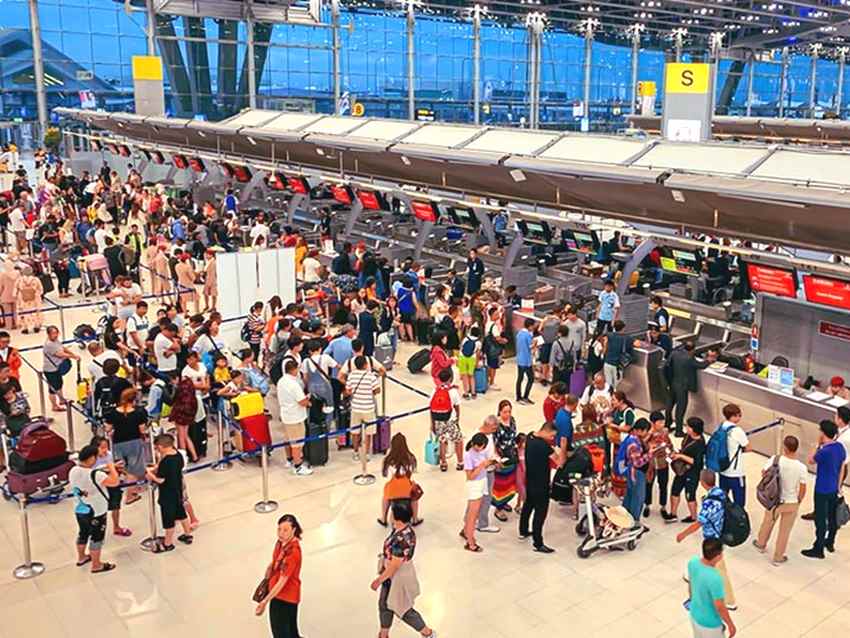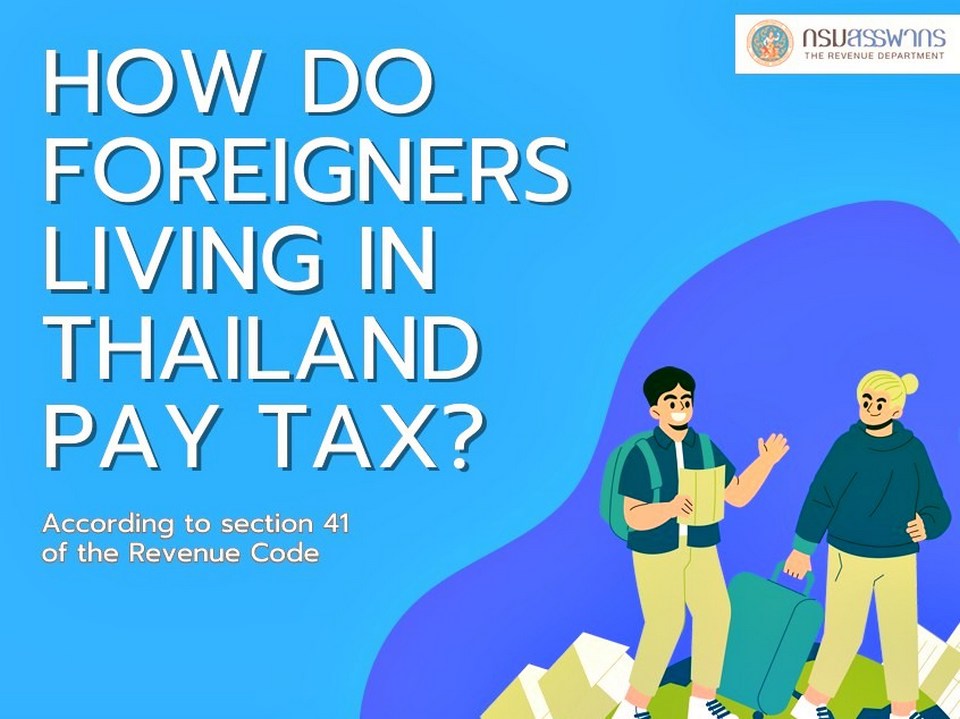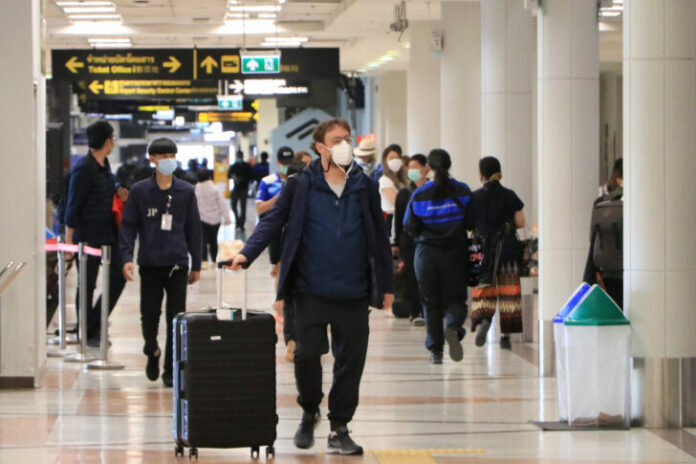
Sommarens semesterperiod är i full gång. Om flygbolagen jublar över det? Knappast.
United Airlines har nyligen meddelat att de förväntar sig en svagare lönsamhet, vilket följer samma trend som Alaska Airlines och Delta Air Lines. Orsaken? Ett priskrig som pressar ner biljettpriserna.
Pessimismen sprider sig till Europa
Den dystra stämningen i USA börjar nu kännas av även i Europa.
Deutsche Lufthansa har sänkt sin vinstprognos för året och varnar för att det blir svårt att nå lönsamhet för deras tyska enhet.
Qatar Airways påpekar att överkapacitet på marknaden pressar ner priserna ytterligare.
Återgått till normala resvanor
Efter pandemin såg vi en kraftig ökning av så kallade revanschresor – där människor spenderade stort på semestrar efter lång tid av restriktioner.
Men nu, med ökade levnadskostnader, är resenärer mindre benägna att betala höga priser för flygbiljetter.
Detta tvingar flygbolagen att erbjuda rabatter för att fylla sina säten.
Överkapacitet och störningar skapar problem
Ett av de största problemen flygbolagen står inför är överkapacitet, när de återupptar tjänster som pausades under pandemin, skriver Bloomberg. Trots att människor just nu flyger en hel del, är det svårt att fylla alla platser till lönsamma priser.
Lufthansa expanderar för snabbt, enligt analytiker Johannes Braun, vilket kan leda till långsiktiga problem för företaget.
Samtidigt skapar problem med flygtrafikkontroll och lönekonflikter på bolag som Aer Lingus ytterligare störningar och avskräcker resenärer.
Aktiemarknadens reaktion: En dämpad sommar
Aktiemarknaden har reagerat på den dämpade stämningen.
Lufthansa har tappat omkring 27 procent av sitt värde i år, medan Air France-KLM har sjunkit 38 procent, delvis på grund av att folk undviker Paris under sommarens OS.
En ljuspunkt är IAG SA, ägare av British Airways, Iberia och Aer Lingus, vars aktier har ökat med 12 procent tack vare förväntningar om en stark transatlantisk efterfrågan.
Framtidens test: Farnborough Air Show
Flygindustrins hälsa kommer att sättas på prov nästa vecka när flygbranschens ledare samlas på Farnborough Air Show nära London.
Vanligtvis är detta en plats för stora affärer, men årets mässa väntas bli lugnare då både Boeing och Airbus kämpar med produktionsproblem.
Kommande rapporter
Nästa vecka kommer flygbolagen Ryanair och EasyJet rapportera sina resultat, vilket kommer ge viktiga insikter i efterfrågan på resor i budgetsegmentet.
Ryanair har redan genomfört flera omgångar av rabatter för att stimulera efterfrågan, och vd Michael O'Leary har sagt för att sommarens biljettpriser blir lägre än tidigare beräknat.
Trots de utmaningar flygindustrin står inför, är det vissa analytiker som menar att det värsta kan vara över.
Medan biljettpriserna i andra kvartalet var svagare, finns det förhoppningar om att sommarens topppriser kommer att vara högre.




















